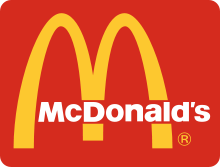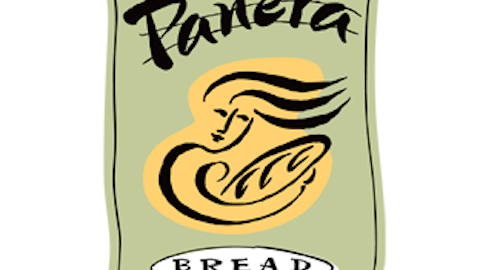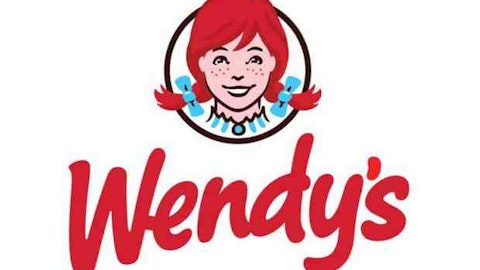Why is anyone surprised when yet another photo of a fast food employee licking or stepping on the food (or worse) surfaces on the internet. These sensational and all too frequent fast food headlines are making some good companies’ stocks pretty hard to stomach. Warning: some of the links are hard to take.
Hard to stomach headline risk
Having worked in restaurants, I know how grueling it can be. But I honestly never witnessed anyone defiling the food. Maybe, I was too busy doing my job. Why is it that Yum! Brands, Inc. (NYSE:YUM) which owns Taco Bell, KFC, and Pizza Hut, Burger King Worldwide Inc (NYSE:BKW), The Wendy’s Co (NASDAQ:WEN) and McDonald’s Corporation (NYSE:MCD) are getting the brunt of this notoriety and why is it happening now?
The image of a Taco Bell employee licking a stack of taco shells was posted to Facebook on June 3 and immediately went viral, prompting Taco Bell to assure consumers that the shells were never served. And then, there’s the KFC girl who was licking a tub of mashed potatoes…the Burger King Worldwide Inc (NYSE:BKW) employee standing in two tubs of shredded lettuce, the Domino’s Pizza worker in 2009 that regurgitated pizza cheese from his nose (there’s just no more polite way to describe it), and the McDonald’s worker who spit in the sweet tea captured on surveillance video. The list goes on and on.
And it’s not only minimum wage employees that are mishandling food. So are owners. In an Oregon case in 2010, a KFC franchise owner was selling expired chicken parts and when employees objected, he fired them.
In 2003, an undercover NBC Dateline investigation found 60% of the top ten fast food chains in the U.S. had a critical health code violation from random restaurants the survey sampled. The worst chain…Burger King Worldwide Inc (NYSE:BKW), followed by Arby’s, then owned by The Wendy’s Co (NASDAQ:WEN), and Wendy’s itself at third.
It was only a decade ago that the entire fast food industry was rocked by the Jack in the Box e. coli scandal in 1993 that changed the way burgers are supposed to be cooked in all restaurants (to 165 degrees Fahrenheit). Hundreds became seriously ill and four died. There are now legal firms that specialize in cases of e.coli and other food borne illnesses.
So far, none of these “pranks” that have gone viral have caused any serious illness, any more so than the unsung health code violations at fast food chains every day. But Google ‘fast food employees tampering with food’ and you get over five million hits. Of course, that doesn’t mean there were 5 million incidents. Over and over, media reports state how “rare” these occurrences are but the negative publicity over each incident is cumulative and exponentially more damaging than the good these companies do for their communities is image-enhancing.
A McDonald’s Corporation (NYSE:MCD) worker once posted her version of the “McRules” on her MySpace page advising how to behave as a McDonald’s Corporation (NYSE:MCD) customer. The most telling was her rule #13 of 43 verbatim, “Don’t come into the lobby two minutes before we close. chances are I’ve already cleaned, and it will only cause me to do unspeakable things to your (already stale) food.” Thankfully, she was fired.
Take these off your investing dollar menu
These companies have reacted swiftly to incidents like these, but erosion of public trust is hard to shore up with such highly publicized bad actors. Theorize to cause if you will, whether working conditions, a generational fault, a form of mental illness…as an investor you should think I don’t care why. Just make it stop.
It took years for Jack in the Box to live down that e.coli tragedy. Yum! Brands, Inc. (NYSE:YUM)’ KFC image in China has already suffered from a chicken supplier scandal there. What was once a great stock to buy for exposure to China is now only a challenged fast food stock.
When the company reported Q1 results in April, same store sales in China declined 20% and China operating profit sunk further at 41%. These numbers contributed to a global decline in operating profit of 14%. At a 21.92 P/E and a 2% yield, Yum! Brands just isn’t as compelling a story as it used to be.






